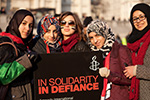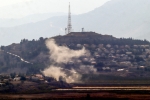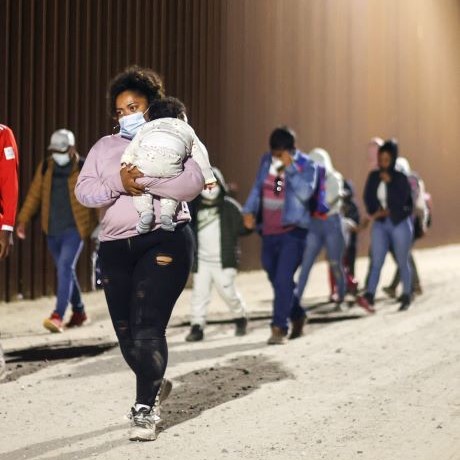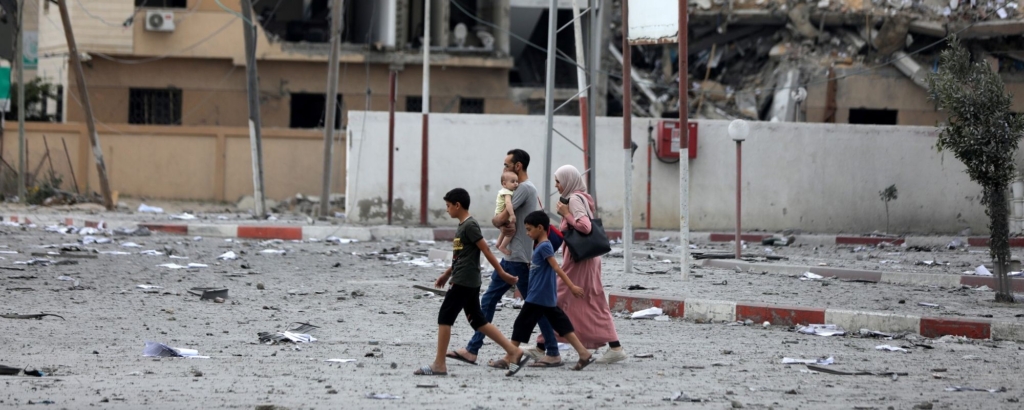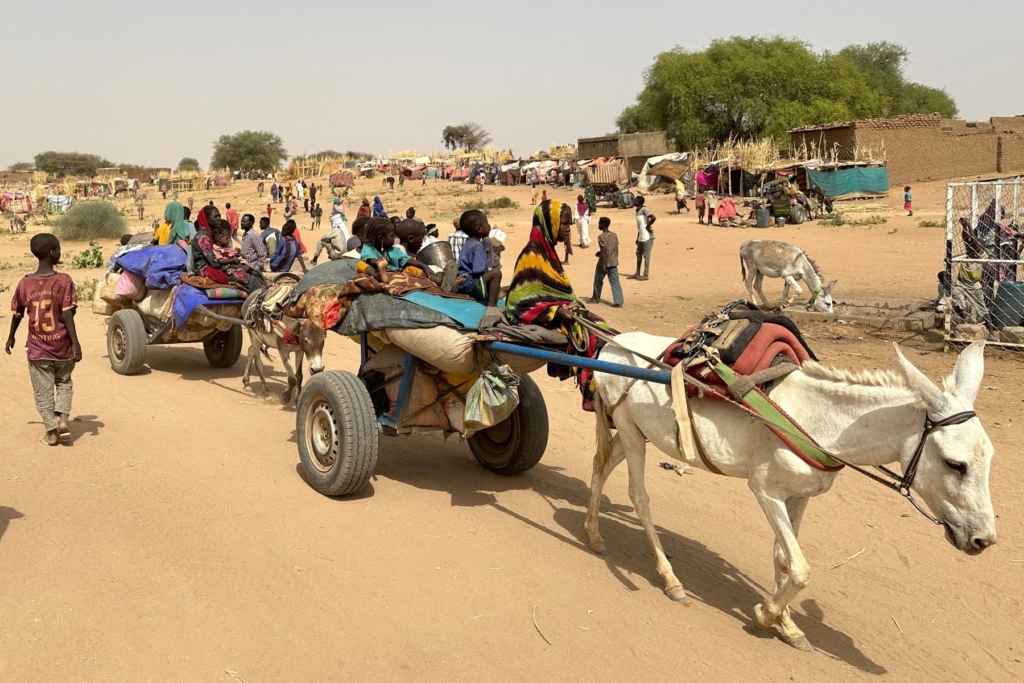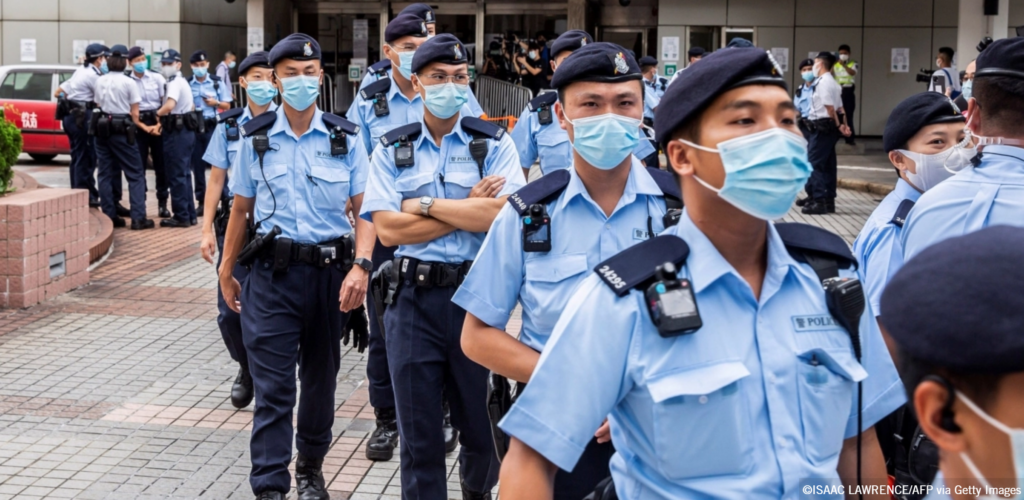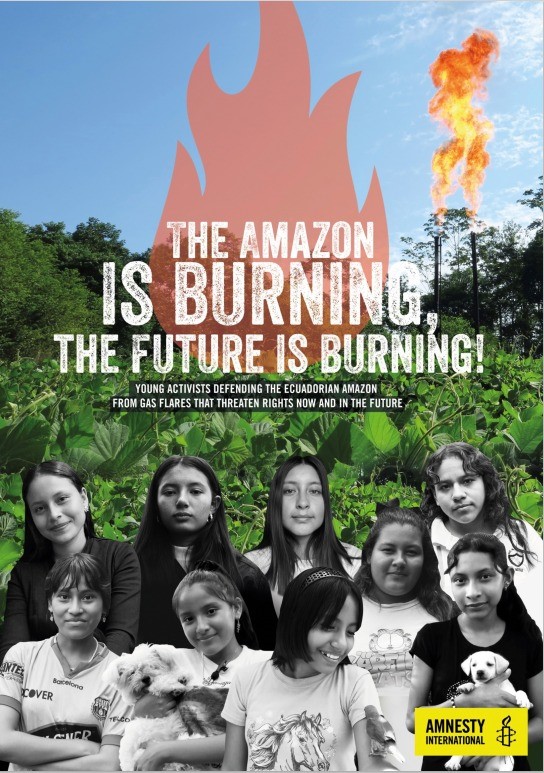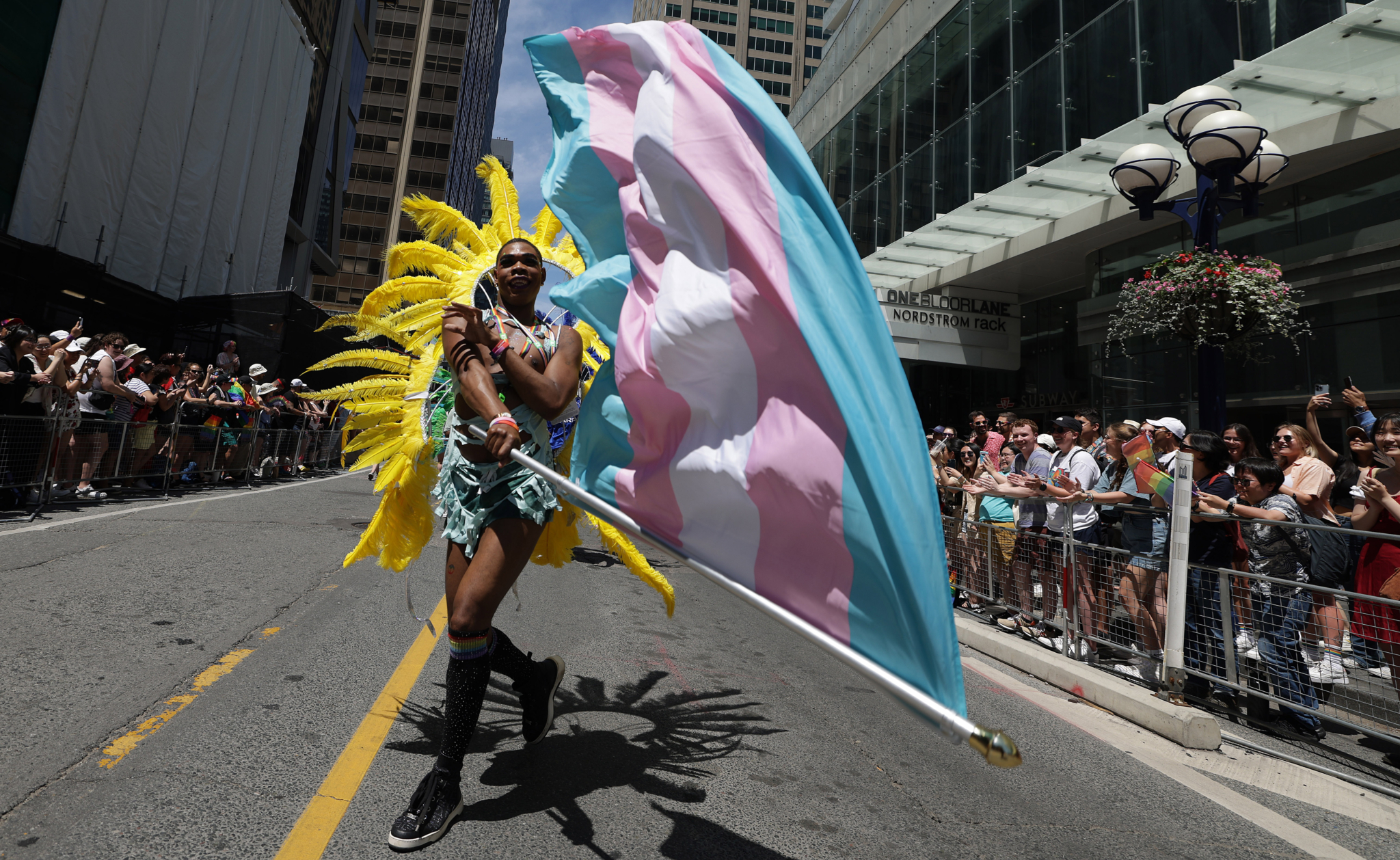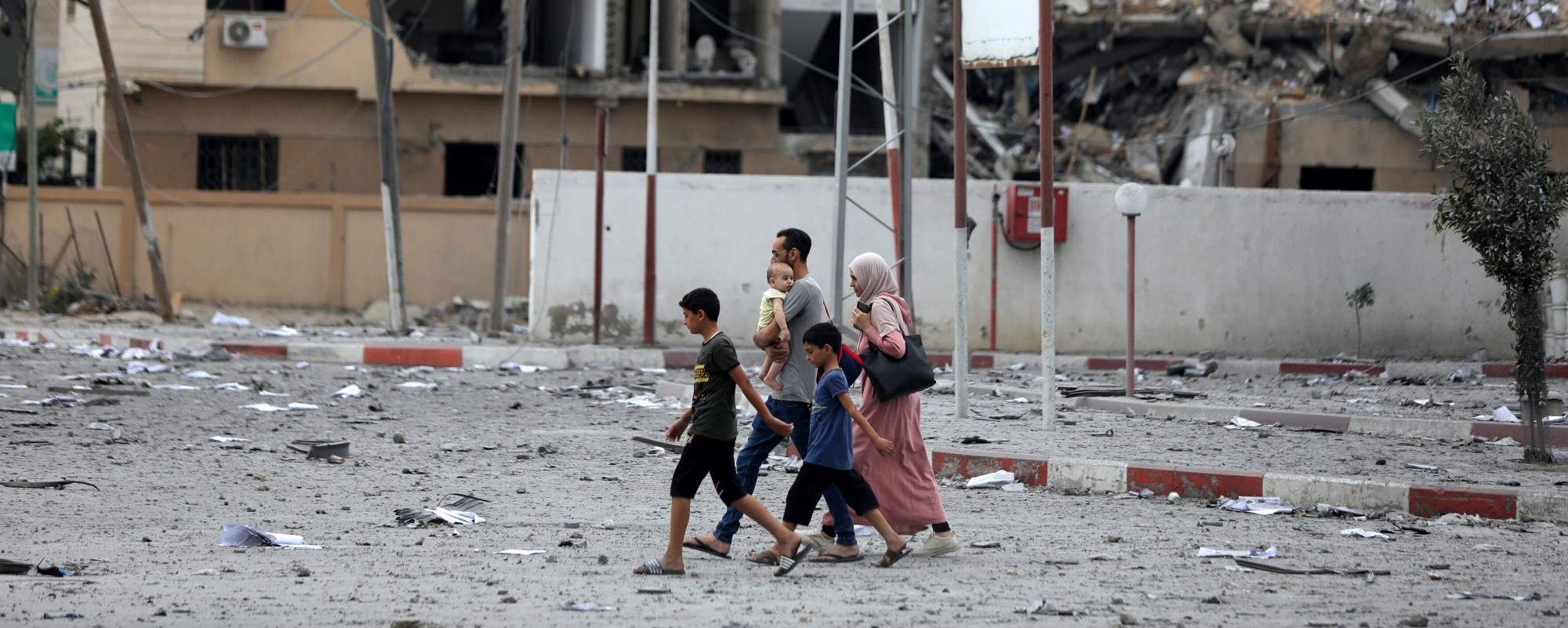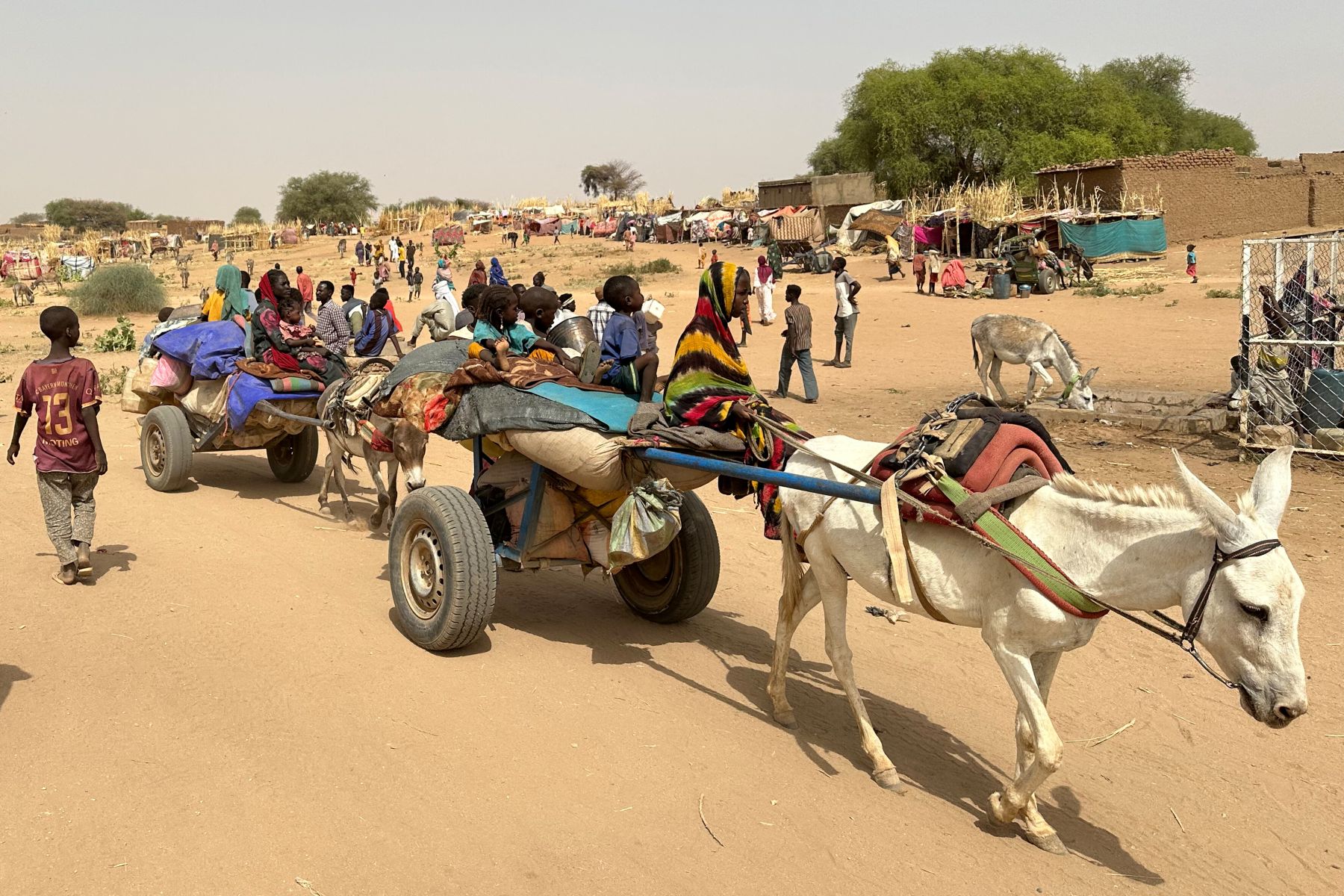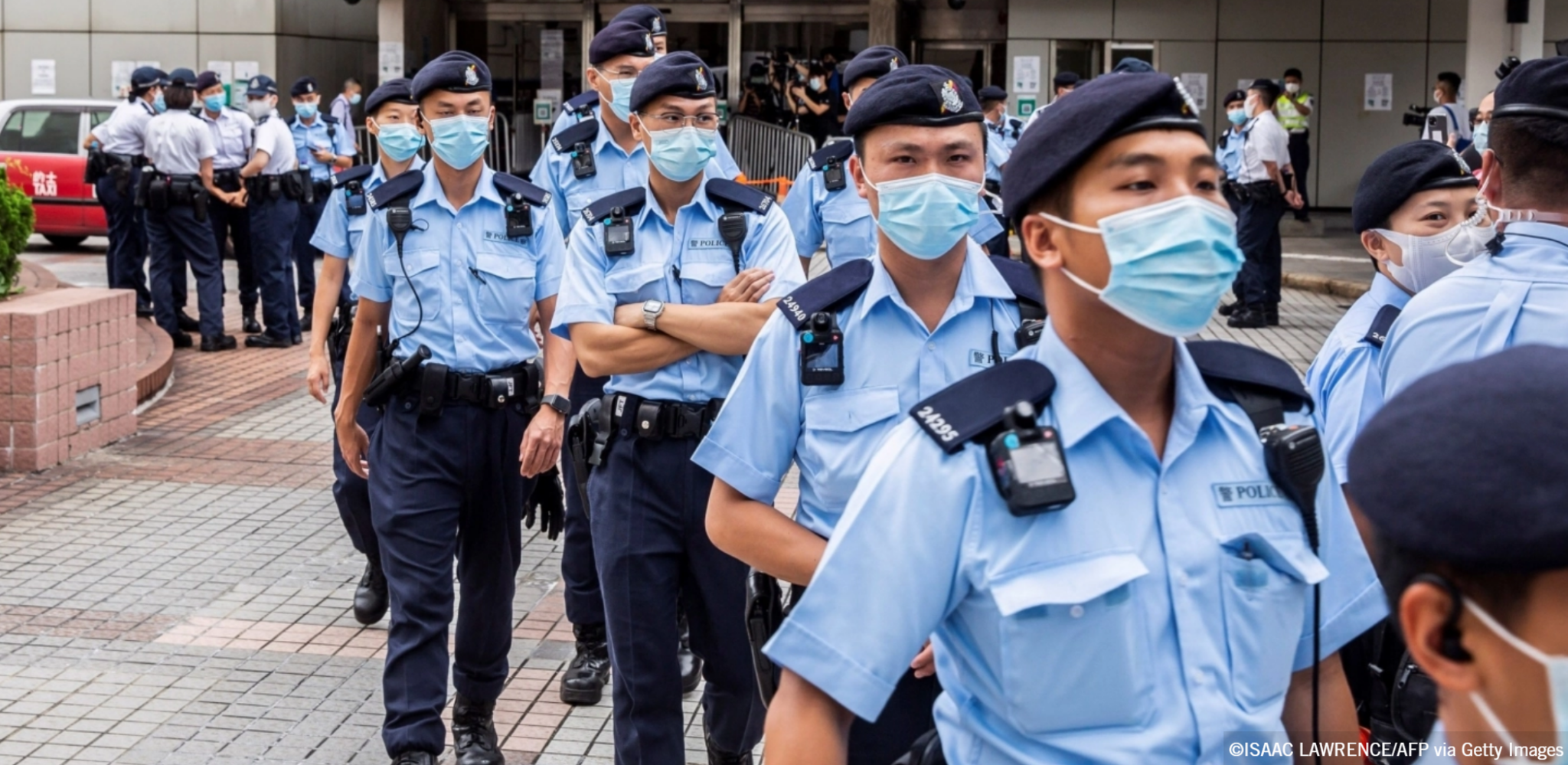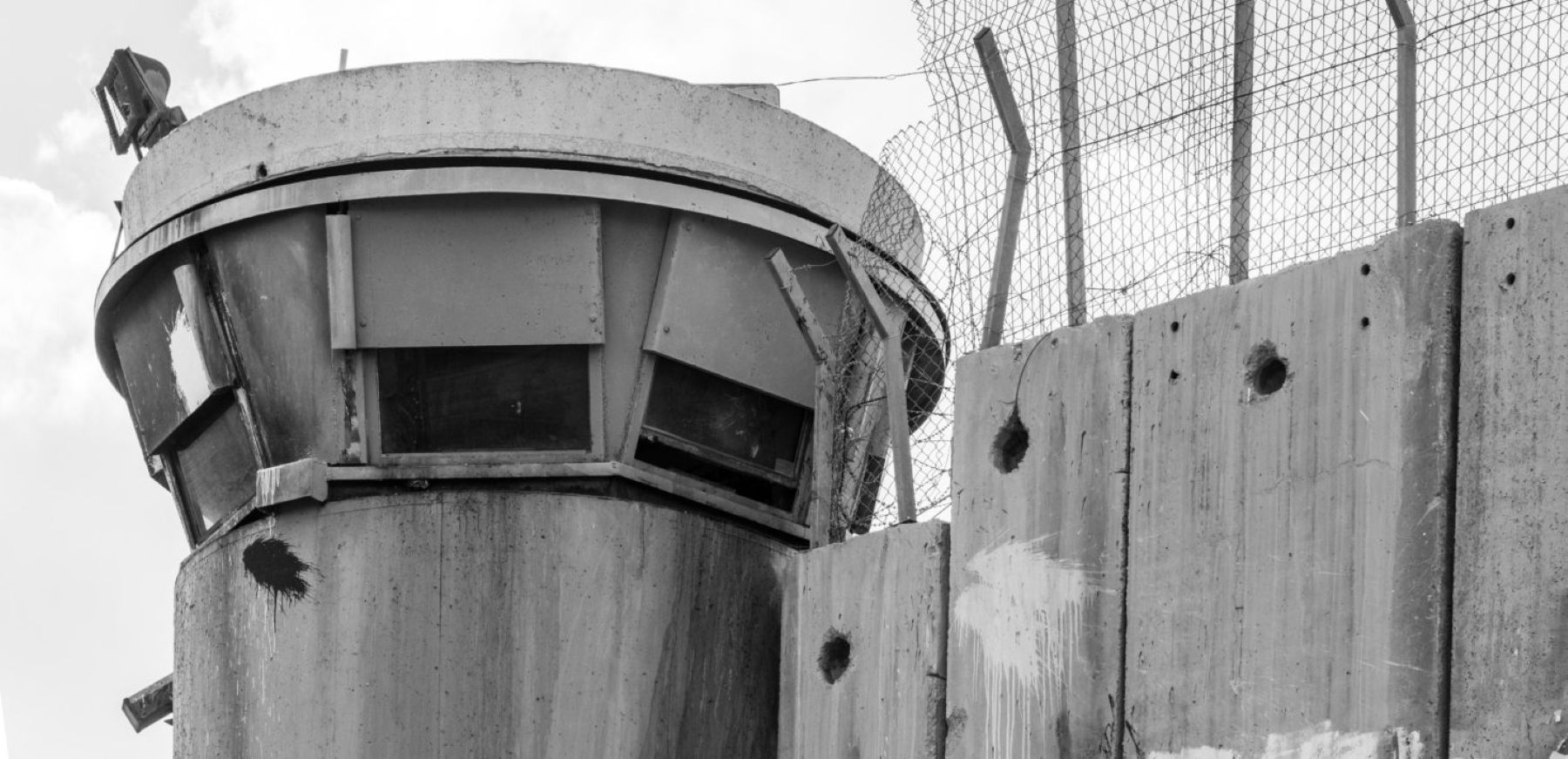The brutal torture of two journalists who were abducted en route to Jebel Marra, in Sudan’s Darfur region, is not only a grave affront to press freedom, but also proof that the Sudanese authorities have something to hide in the embattled region, said Amnesty International today ahead of the airing of a film detailing their harrowing six-week ordeal.
Phil Cox, a British national, and Daoud Hari, a Darfuri translator and author, had been commissioned by the UK’s Channel4 TV to investigate reports by Amnesty International that Sudanese security forces had used chemical weapons against civilians in Jebel Marra between January and August 2016.
“For nearly two months, the two journalists were locked up in a prison and tortured, simply for doing their job. They were severely beaten, subjected to electric shocks, deliberately deprived of oxygen and threatened with mock executions,” said Muthoni Wanyeki, Amnesty International’s Regional Director for East Africa, the Horn and the Great Lakes.
“The lengths to which the Sudanese government went to keep the two journalists out of Jebel Marra, including acts of torture, can only suggest one thing: that it has something to hide. If no chemical weapons were used, then why not let the journalists get on with their job?
“This is one more reason, if any were needed, why the alleged chemical attacks which killed an estimated 200 to 250 people, must be thoroughly and independently investigated.”
It was while in Darfur that the two filmmakers were abducted by members of the Rapid Support Forces, who are part of the Sudanese military. After a week spent chained to a tree in North Darfur, they were transferred to other Sudanese government forces and moved to Kober Prison in the capital, Khartoum, where they were held for six weeks. On the flight from El Fasher to Khartoum, the men threatened to throw Cox off the plane.
At Kober Prison, they met other detainees, including human rights defenders, dozens of whom were being held without charge.
“Now that the clear pattern of torture and arbitrary detentions at Kober has been exposed, the international community must take action. They must insist that all detainees being held there be released, or charged with a recognized offence in an ordinary and civilian court of law,” said Muthoni Wanyeki.
Background
Sudanese government forces that participated in chemical attacks in Jebel Marra, also committed numerous crimes under international law and human rights violations, including unlawful killings, indiscriminate aerial bombings, forced displacement, rape and pillage.
Over the last few years many opposition activists, students and human rights defenders have been arbitrarily arrested, tortured and forcibly disappeared by agents of the National Intelligence Security Service (NISS).
The NISS has also been used to gag the press by harassing and arresting journalists. Newspapers are also heavily censored and sometimes entire print runs confiscated if they criticize the government.
Although the majority of cases of arbitrary arrests have been by NISS agents, there have been multiple reports of such arrests carried out by Military Intelligence officers.
“Hunted in Sudan”, a documentary on the journalists’ ordeal, will be broadcast on Channel 4 News on 5 & 6 April at 7pm in the UK.
Related posts:
- Sudan: Rapid Support Forces’ horrific and widespread use of sexual violence leaves lives in tatters
- Sudan: Advanced Chinese weaponry provided by UAE identified in breach of arms embargo – new investigation
- Sudan: Civilians at imminent risk of reprisal attacks as fighting rages in Khartoum and Darfur
- Sudan: Constant flow of arms fuelling relentless civilian suffering in conflict










